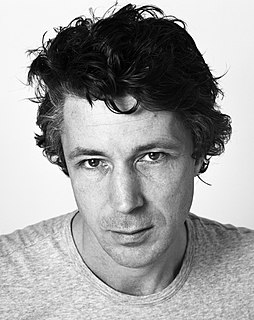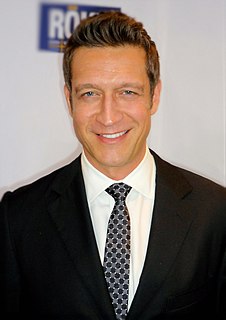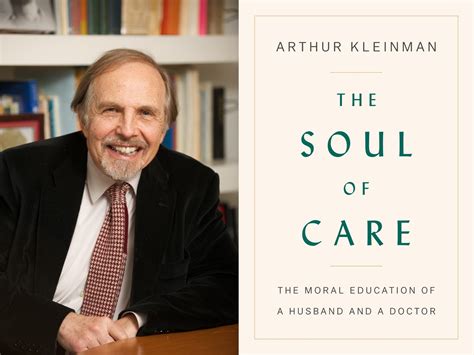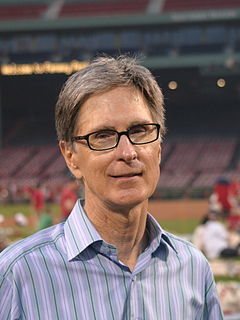A Quote by Aidan Gillen
Both 'The Wire' and 'Queer as Folk' had a big scope. They were panoramas, telling ambitious stories about two cities, Baltimore and Manchester, for the first time.
Related Quotes
Why the connection with musicians? I think it's because in the end we're doing very similar things - we're telling stories, we're using poetic, lyrical language, and we're distilling stories down into their simplest form. We're both telling a story in two languages - word and music for them; and word and image for me.
Twenty-two years ago Judge [then-Senator Stephen] Douglas and I first became acquainted. We were both young then; he a trifle younger than I. Even then, we were both ambitious; I, perhaps, quite as much so as he. With me, the race of ambition has been a failure--a flat failure; with him it has been one of splendid success.




































